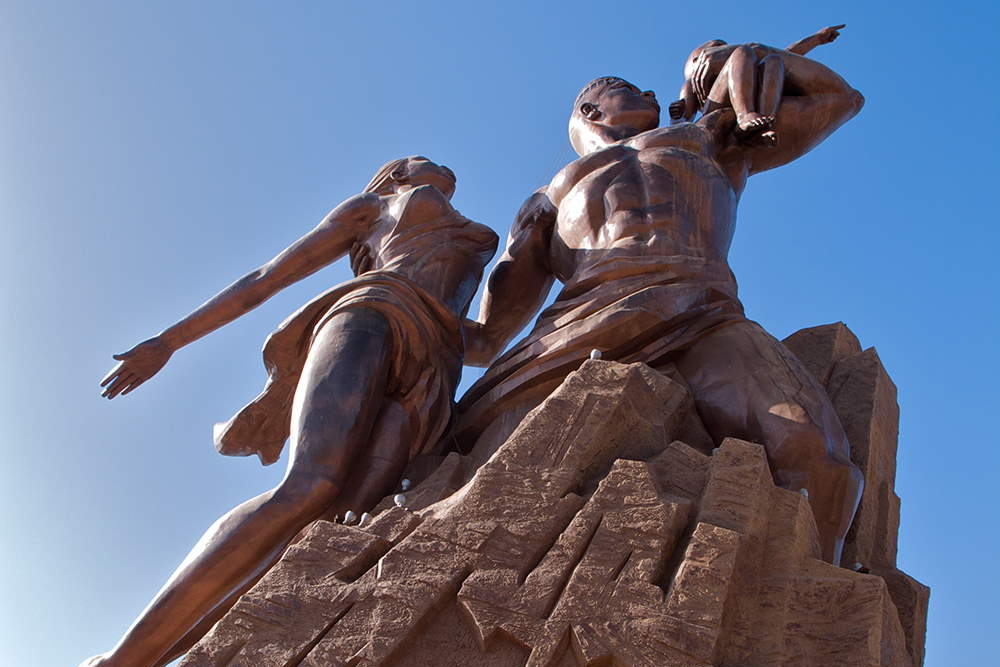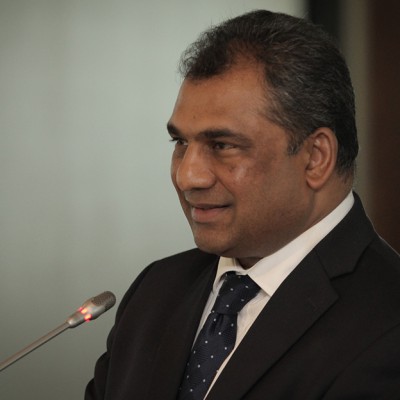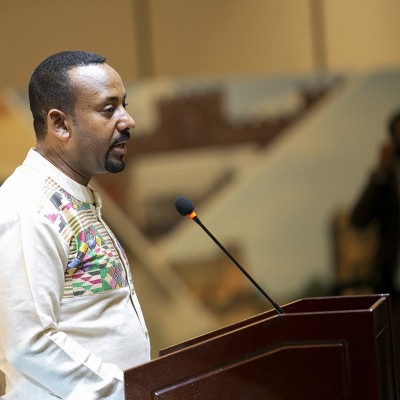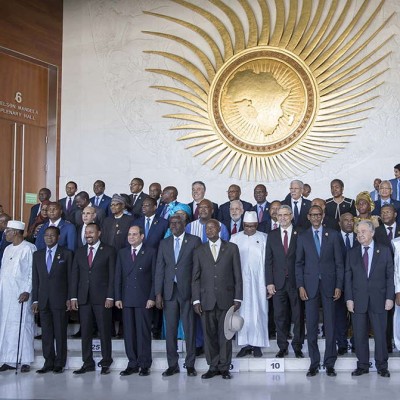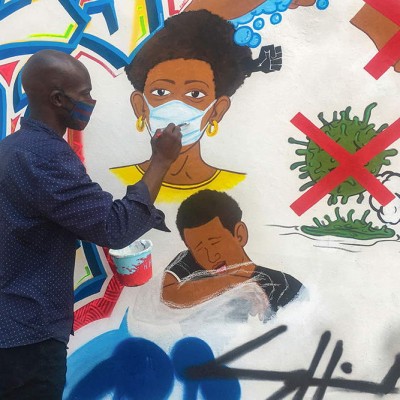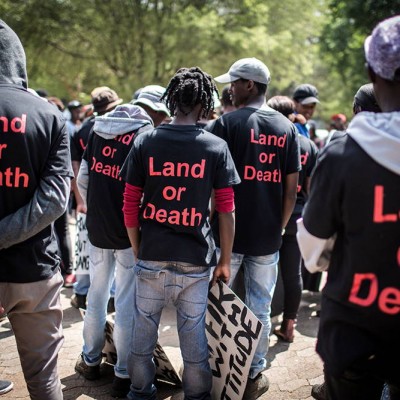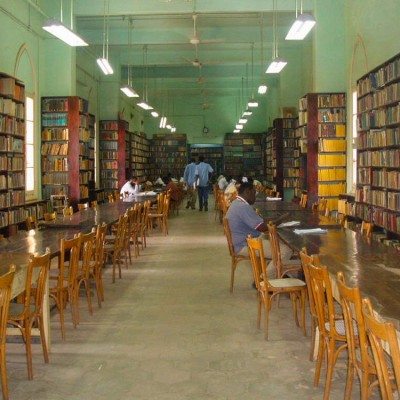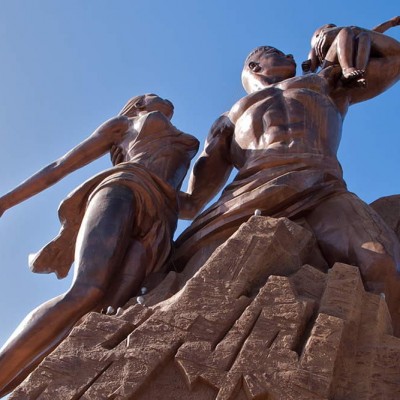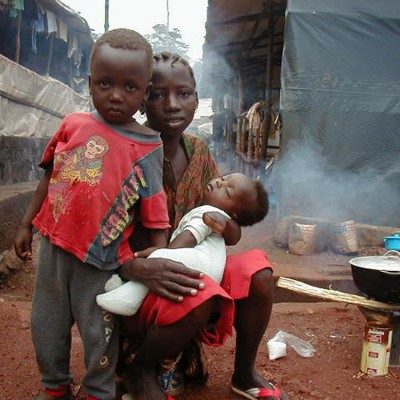Introduction
Since the Hellenistic civilisation, with its origins in the basins of the Nile, the Tigris and Euphrates and countries bordering the eastern Mediterranean Sea, followed by a Pax Romana, characterised by a common culture and unified system of state administration, and despite the turmoil of the Middle Ages, and a European Renaissance, democratic values became embedded in all societies in the world, including Africa. Despite the negative and sometimes destructive impact of colonialism, concepts such as the nation-state, national interests and people security, and values associated with democracy are acknowledged by nation-states in Africa. Founded on these values, national and regional institutions were formed, and states became part of global security regimes such as the United Nations (UN) to deal with security crises. In practice, the economic interests of states are dominant, including that of powerful states outside Africa, which leads to a contest for scarce resources to the detriment of the well-being of people and, in many instances, contributing to violent intrastate conflict in African countries.
This article poses the question: how can African states defend themselves against acts of violence that emanate from a combination of governance inadequacies and extremist ideologies? The article specifically questions the current dominant narrative of terrorism as the explanation and rationale for military interventions.
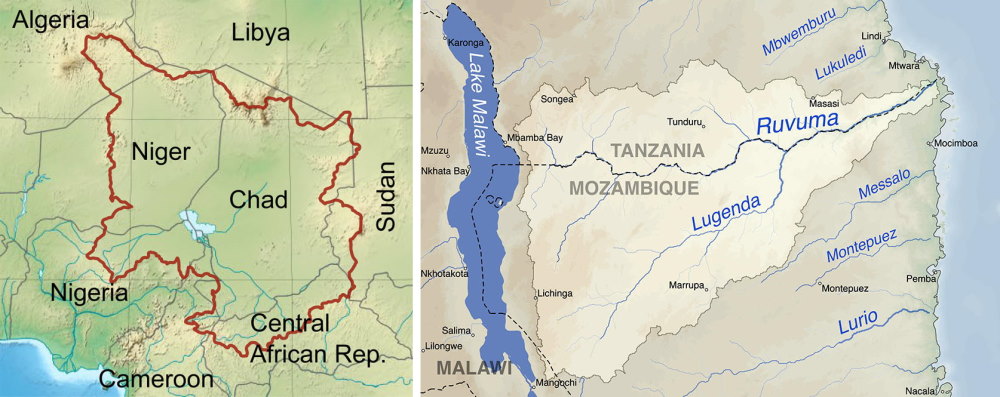
An appropriate response to defend and promote African aspirations is collective multinational interventions, driven by the African Union (AU) together with regional economic communities (RECs), maintaining a people-centred approach in defending the livelihoods and well-being of people in areas disrupted by violent conflict, while assisting democratically elected governments. The article references Africa’s vision for the revival and growth of Africa under peaceful conditions, and summarises the threat that compromises this vision, presenting examples of the Lake Chad Basin and Rovuma Basin. Finally, the conclusion steers away from popular narratives, and offers a few recommendations for decision-makers in national security and defence.
The African Vision
From 1946, Cheikh Anta Diop of Senegal started articulating the idea of the African Renaissance and a call to action for African people for the liberation of Africa and overcoming the challenges faced. This idea was reinforced by others, such as former president Thabo Mbeki of South Africa, who visualised a democratic Africa, and scholars such as Shadrack Gutto, who professed the rebirth, renewal, reinvention and repositioning of Africans and Africa in a globalised world.
Unfortunately, despite some encouraging successes, the dream of the African Renaissance is marred by political extremism and violent crime, which impedes the pathway towards African growth in peaceful conditions. Today, persistent conflict over scarce resources, political disputes that turn violent and various social injustices do not escape the attention of even the best African optimist. Internal wars and violent extremism turned the aspiration and activities associated with “silencing the guns by 2020” (as articulated in Agenda 2063 of the AU) into a rush launching of units and campaigns to convince people that the dream is achievable.1
In the wake of unfulfilled dreams of people to be free and thrive in a safe environment, the responsibility of governments to defend the African people remains. Nation-states remain the primary providers of security to all people living within the boundary of the state, and with the responsibility to contribute to regional and global stability. The criminal justice system (police, justice and correctional services/prison services), as well as the military and the intelligence community of a country, should be able to meet these commitments.
Unfortunately, not all states have freedom of action, neither in terms of capacity nor national priorities, to participate in all security initiatives. The unfortunate challenge is that regional and national conflict resolution structures and mechanisms struggle to raise funds and mobilise political support in participating nation-states. However, the AU, together with RECs and major partners such as the European Union (EU), are committed to multilateral peace initiatives.
In the context of the AU, a REC such as the Southern African Development Community (SADC) is an important building block of the AU and achiever of the AU Agenda 2063. As a building block, the primary purpose of SADC is to achieve sustainable and equitable socio-economic development, as well as peace and security, to enhance the quality of life of the people of southern Africa through regional integration built on democratic principles.
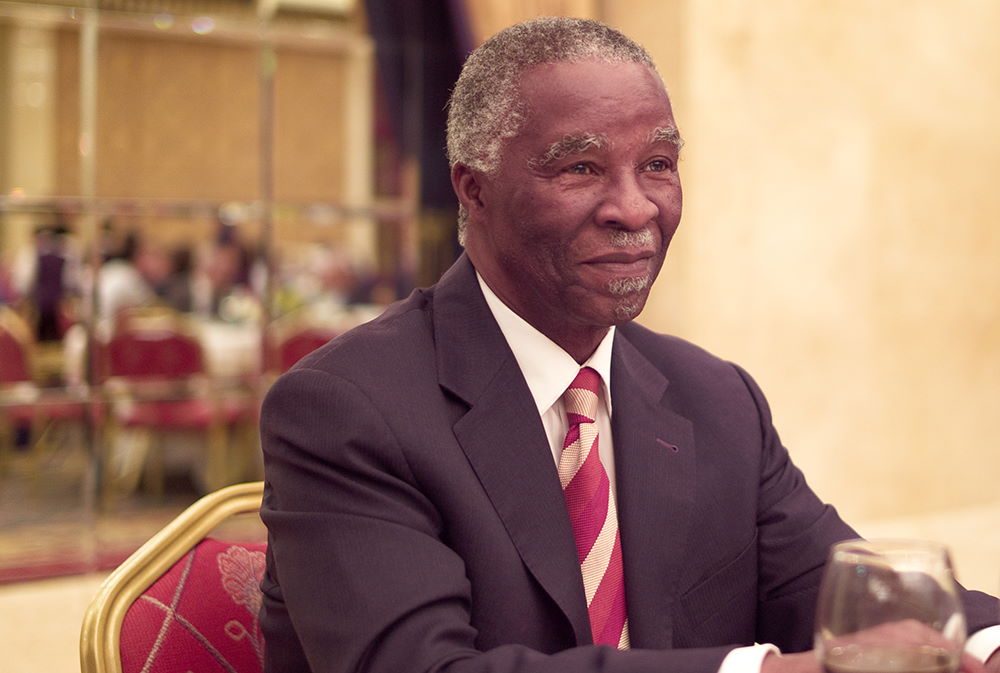
It is against this background of frustrated dreams, capacity constraints and weak political wills that a “battle space” emerges in Africa. The space demands to be filled by measures aimed at the well-being and livelihoods of citizens within a nation-state, while improving democratic structures and practices.
The Threats of Violent Extremism
General Trends
Political violence is an international trend. Despite some states making progress towards democratic freedoms, citizens increasingly demand better and more just governance. In the wake of dysfunctional political parties, social movements are proliferating. Especially where nations continue to struggle with authoritarian rule, patronage politics and favouritism, the proliferation of rebels and extremist groups, with links to transnational organised crime, emerge. Examples where these trends are manifesting are not limited to Africa but are observed in situations such as Hong Kong, the Philippines, Chechnya, the Middle East and South America. Affected actors brand the outbreak of violence as “terrorism” that threatens international order and the global balance of power, sometimes blaming the violence on religious tensions.
In some African countries, such as Zimbabwe and Uganda, this “democratic deficit” shows in the form of manipulation of elections, repression of the opposition, and control over political and civil liberties –and, in many cases, one ethnic group benefits above others. Citizens then tend to act against such authoritarianism, and together with conditions of persistent poverty and social injustice, the incubation space for violence is created. In this incubation space, violence feeds on the intense frustration of people, especially young people, who are deprived of quality education, stable employment, political participation and, these days, also have the pressures of the COVID-19 pandemic.
Despite these challenging trends, the interests and expectations of foreign powers in the scarce resources of Africa remain. A dichotomy persists between the trade and investment benefits for African countries as a fundamental requirement for economic development and the ruthless exploitation of resources with damage to the environment, wealth inequality, resentment and violent conflict.
The Manifestation of Violent Conflict: Lake Chad Basin and the Rovuma Basin
Violent conflicts continue in several parts of Africa. This discussion focuses on how violent conflict affects the interests of the countries of the Lake Chad Basin and the Rovuma Basin.
The Lake Chad area is a trans-state security complex without fixed borders that extends beyond West Africa into Central Africa across communities to include parts of Nigeria, Cameroon, Niger and Chad. The area is characterised by ethnoreligious kinship, social interdependence and multi-level interactions. Unfortunately, the area has also become known for trans-state uprisings and terrorism, as evident in the presence of Boko Haram.
Violent conflict is perceived to have started in northern Nigeria during 2009 and spread to northern Cameroon, southern Chad and eastern Niger. The main Boko Haram factions are the Ama’atu Ahlis-Sunnah Lidda’Awati Wal-Jihad (JAS) and the Islamic State West Africa Province (ISWAP), which share overlapping operational sectors. Acts of terror include attacks for purposes of logistical resupply, hostage-taking for ransom and assaults on military positions. Attacks in March 2020 in the Chadian peninsula revealed the capacity of JAS to plan and execute major attacks using amphibious equipment based on good intelligence.2
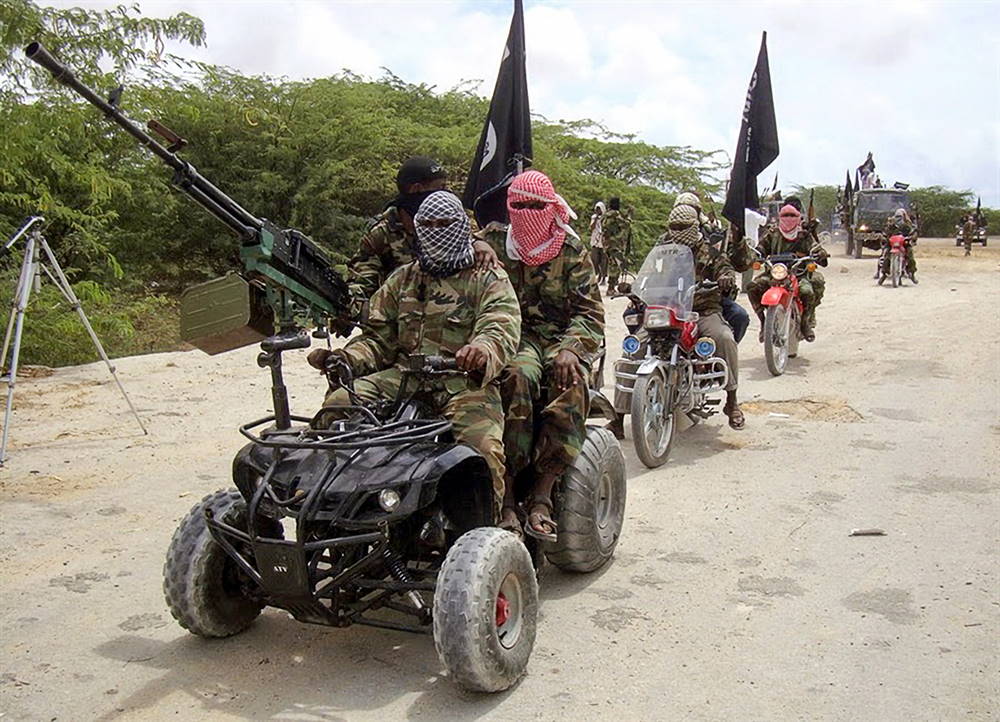
Despite the co-existence of ISWAP and JAS, the indiscriminate targeting of civilians by JAS caused a split between the factions in 2016. ISWAP now distinguishes itself from JAS, avoiding harm to civilians and focusing on military and government targets. Moreover, ISWAP is capable of generating income from isolated communities in exchange for services to secure the livelihoods of these communities. Consequently, ISWAP succeeded in establishing alternative state structures in Borno State in north-east Nigeria, in the absence of basic government services and after Nigerian military responses compromised the livelihoods of the local people. ISWAP is in the process of taking control of the Lake Chad Basin communities.3
Meanwhile, in the Rovuma Basin, where Tanzania and Mozambique enjoy a common border and territorial waters in the Indian Ocean, a serious humanitarian crisis is developing, with people living in fear and insecurity. This humanitarian crisis emerged because of attacks on several villages near the major port towns of Palma and Pemba by extremist groups since 2017. Although the Islamic State has claimed responsibility for some of the attacks in Cabo Delgado, research shows that extremists from Kenya and Tanzania and a local group called Al Sunnah wa Jama’ah (ASWJ) are responsible for the violence.4
A recent attack on Mocímboa da Praia targeted security forces and government installations, while the attackers claimed that they are “not against the people” but the ruling party, Frente de Libertação de Moçambique (FRELIMO). Local leaders witnessed the belligerents distributing food to cheering crowds, and confirmed that the armed group involved in the Mocímboa da Praia attack gaining support from local communities, who feel abused by local FRELIMO cadres. The violence is now threatening strategic natural gas deposits that could potentially render Mozambique the fourth-largest gas exporter in the world. The increased risk of fewer profits and revenues for the government (which is in debt and depends on tax revenues from the international companies that invested in the gas exploration) contributes to the labelling of the violence as a “terrorist threat”.5
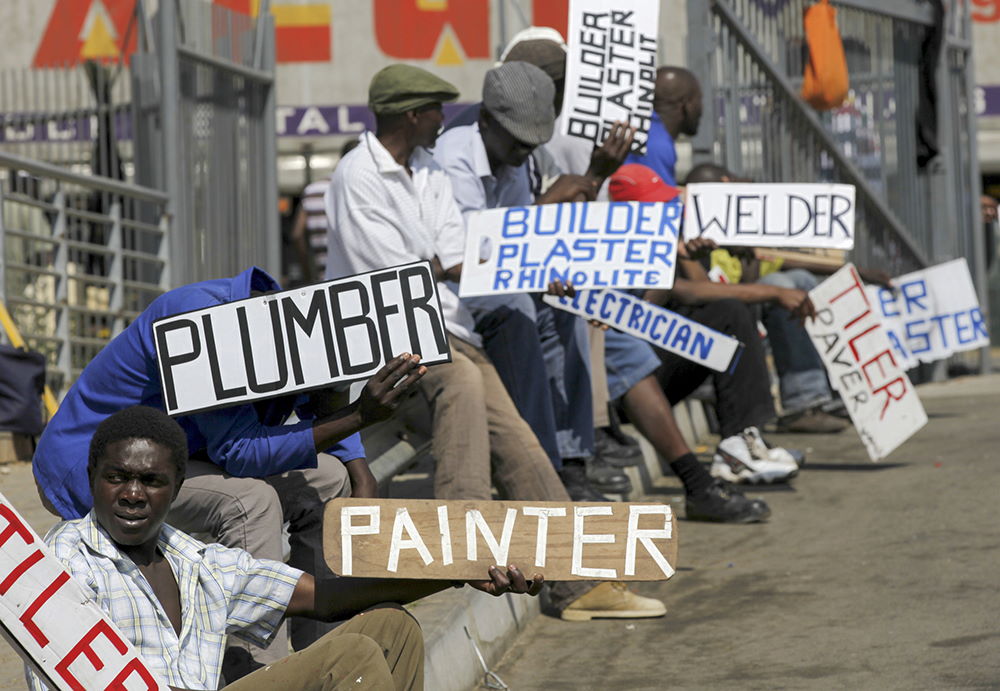
Mozambique is part of SADC, sharing borders with Tanzania, Malawi, Zambia, Zimbabwe, Eswatini and South Africa. The threat perception is that if the violence is not quelled soon, it could spread throughout southern Africa and threaten the peace and stability of the other states. However, observers believe that the marginalisation and governance neglect of the majority Muslim population in Cabo Delgado by the central government in Maputo created unemployment and poverty that pushed embittered young people to become armed militias, stoking the fires of insurgency.
Both the situations in the Lake Chad Basin and Cabo Delgado are examples of what can happen if terrorist groups move into democratic spaces to fulfil the function of the ineffective state by creating alternative structures to take control of the population. It is when these structures become more popular among the communities than what is offered by the nation-state, that the situation becomes very difficult to defend or turn around by deploying security forces. Interventions of any kind need to take into consideration the frustrations of people who are marginalised and living in poverty. These are the main reasons for armed rebellions and support for popular movements that apply terrorist tactics against a common enemy: the state or states involved.
Dealing with the Threats
The situations in both the Lake Chad Basin and the Rovuma Basin require appropriate interventions to prevent the geographical escalation of violence, as well as to enforce democratic structures and compensate for governance failures.
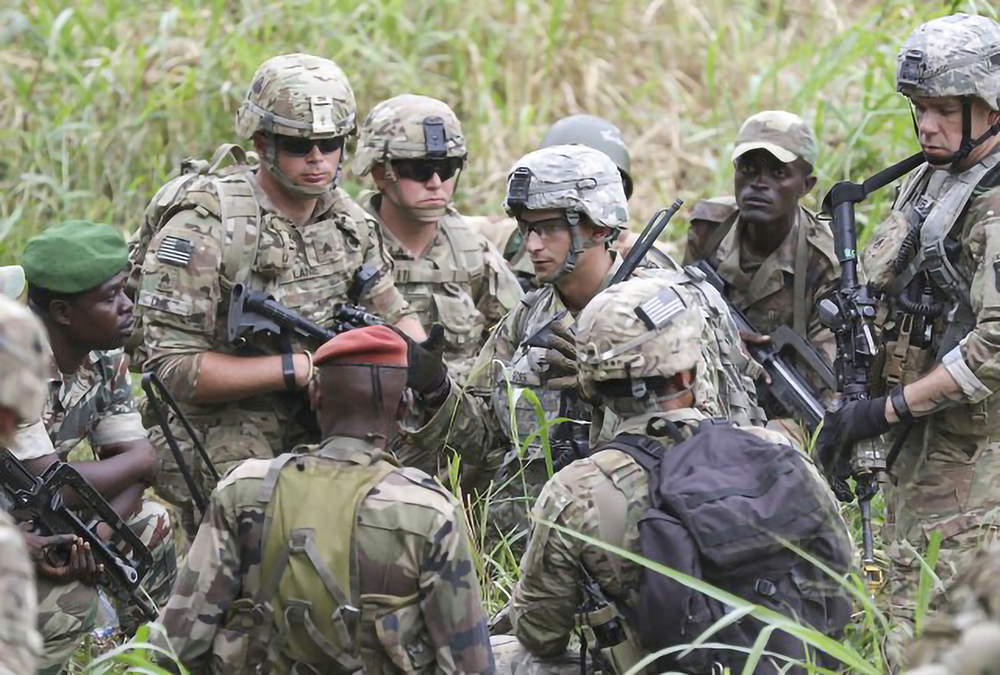
Persistent attacks in the Lake Chad region have raised questions about the effectiveness of states such as Nigeria and Chad to eradicate Boko Haram – especially the ability of otherwise legitimate governments to deliver essential services to communities in affected areas. Military operations in the past, such as the deployment of the Multinational Joint Task Force (MNJTF) in 2015, limited Boko Haram’s territorial gains considerably but failed to hold ground in terms of physical space and the “hearts and minds” of the people. On the contrary, communities, including vulnerable displaced people, are still suffering from the humanitarian consequences as double victims of Boko Haram abuses and state security responses, now worsened by COVID-19 measures that are restricting inter-city movement.6
Security forces should safeguard rural areas through intelligence-gathering to identify and target specific individuals involved in the illicit delivery of commodities to areas under the control of Boko Haram. Furthermore, governments should aim to reduce the economic resilience of violent extremist groups without harming the livelihoods of civilians. A strategy is required to provide shelter, food, health services and physical security for new internally displaced people, beyond just trying to reduce the influence of Boko Haram.7
In the case of the Rovuma Basin, the Mozambican army tried to quell the attacks with the assistance of private military contractors, including the Wagner Group, associated with the Russian Federation, and the Dyck Advisory Group, a security company based in South Africa. Although FRELIMO claims to have killed more than 100 insurgents in recent months, indications are that it cannot cope with the situation, thus allowing militants to develop from a small movement into a real threat.8
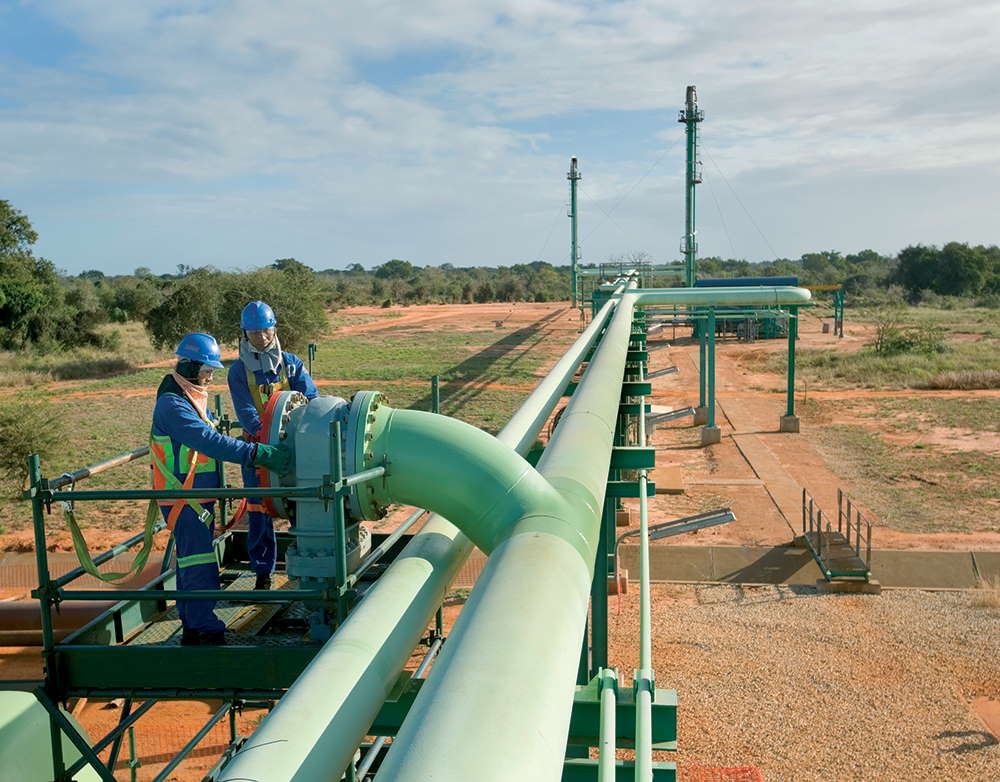
The strategic importance of the natural gas deposits in Cabo Delgado puts pressure on the Mozambican government to increase its military deployment. However, as in most other countries, priorities have now shifted towards reducing the spread of the COVID-19 pandemic. Furthermore, military deployment is unlikely to address the socio-economic grievances that are shared by the militants and local communities, who are suspicious of local authorities under the control of FRELIMO.9
At this point, a negotiated, amicable solution seems to be unlikely. In principle, the Government of Mozambique is primarily responsible for protecting the welfare of its citizens, and it should have the capacity to meet this responsibility. Can the Government of Mozambique meet this threat in Cabo Delgado? Indications are that it is unable to, especially if the security need is not limited to the province itself but extends to other gas installations in the Rovuma Basin.
Assuming that the Mozambiquan government is unable to deal with the threat – not only in Cabo Delgado but also in the Rovuma Basin – the question is if the regional and national conflict resolution structures are willing and capable to deal with the threat. In terms of military deployment, the only countries in SADC that have the potential to project credible military power are South Africa, Tanzania, Angola and the Democratic Republic of the Congo (DRC). South Africa showed in the DRC that it could still project power as part of peacekeeping and international cooperation (as part of the Forced Intervention Brigade) in the United Nations Organization Stabilization Mission in the DRC (MONUSCO), if given a peace enforcement mandate.
SADC cannot afford to ignore or postpone the threat of transnational violent crimes. It is assumed that South Africa is already involved in intelligence and security cooperation – as is the practice – with Mozambique, Tanzania and other countries in the region to develop a reliable understanding of the situation. Until a clear intelligence picture emerges, a response by South Africa and other countries that is appropriate to the challenge is still a matter of decision by SADC structures and individual countries. It is also expected that governments will apply extreme caution not to engage in a war that could be perceived as a war against Islam, because many peaceful people of the religion are citizens of SADC countries. In this regard, it is desirable that governments should not follow the dominant narrative, which links political violence that flows from failing governance with a threat of terrorism.
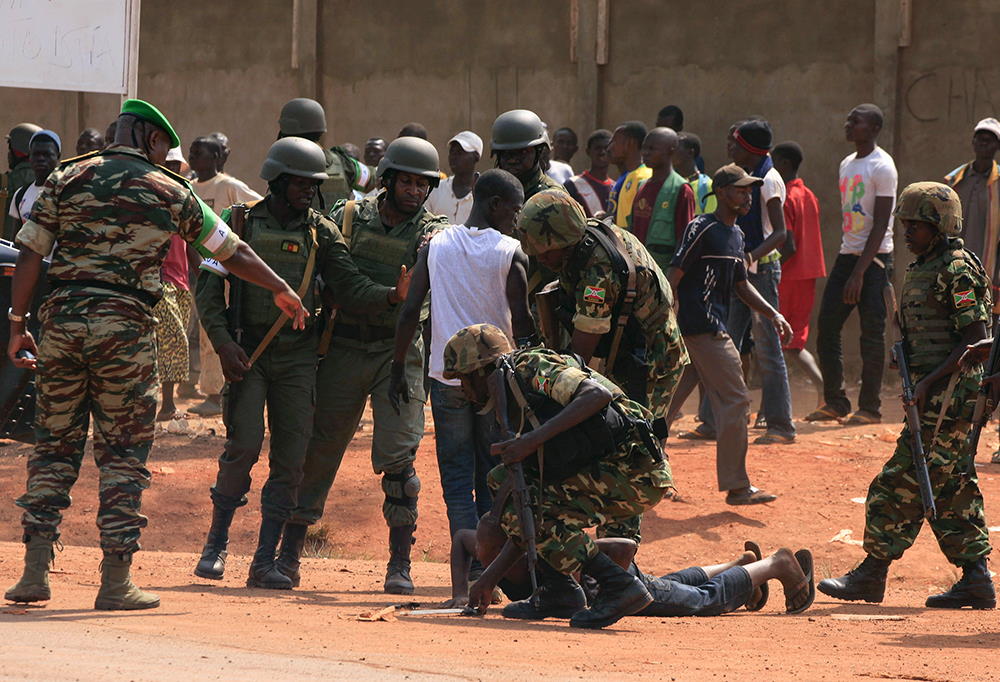
Analyses of events in both the Rovuma Basin and Lake Chad Basin reveal that military intervention – national or multinational – is not an appropriate response to prevent the escalation of violence, if it does not address the fundamental governance issues that caused the frustrations of people in the first place. The clear response is to deploy multinational forces to train local government forces and then join them in stabilising the situation and targeting individuals (including covert action) to limit the freedom of movement of extremists. However, this approach proved to be unsuccessful in the Lake Chad Basin and is unlikely to succeed in the Rovuma Basin or Cabo Delgado province, because of porous borders and inadequate border protection, as well as the inability of security forces and the criminal justice system to deal with the spaces controlled by criminal networks that apply terrorist tactics.
Conclusion
Today, it is common to brand any kind of public discontent that turns violent as “terrorism”. It is very convenient and strategic for an incumbent government to depict the dynamics between disgruntled citizens and transnational extremists as an insurgency or terrorist threat that requires counterinsurgency or counterterrorism as appropriate responses. However, further analysis shows that the people of Africa have a broader vision that involves growth and prosperity to be achieved by improving their social, political and economic conditions, and not by implementing a plethora of military measures.
An appropriate response in situations such as the Lake Chad Basin and Rovuma Basin is to defend and promote African aspirations in a multinational response involving the AU, RECS and international partners. This multinational response should focus on improving the well-being of people and creating alternatives to livelihoods that are currently dependent on crime and threatened by escalating violence. A multinational agenda should not only secure the economic interests of governments and private companies. Although securing economic resources is important to the economic growth of the region, violent conflict will remain a risk to security if the needs and expectations of citizens are also not addressed. Ideally, a well-coordinated multinational effort should involve specific projects, such as capacity building in democratic governance and citizenship, criminal justice, community mediation and entrepreneurship to improve the general well-being of all people.
Multinational responses should coincide with assistance to democratically elected governments, especially improving communication and cooperation with local communities, to fill the void in the democratic space created by governance inefficiency. Military interventions alone, although important for the temporary securing of volatile situations, will not achieve good governance and peace.
Endnotes
- One of the aspirations of Agenda 2063 of the AU is “ending all wars, civil conflicts, gender-based violence, violent conflicts and preventing genocide in the continent by 2020”. The AU is now redoubling efforts to achieve this aspiration focussing on the necessity for “partnership among member states, Regional Economic Communities/Regional Mechanisms for Conflict Prevention, Management and Resolution, the UN, civil society organizations and the private sector in the implementation of AU Master Roadmap of Practical Steps to Silence the Guns in Africa (AUMR)”. See African Union (2020) ‘African Union calls for redoubling of efforts to silence the guns in Africa’, press release, Available at: <https://au.int/en/pressreleases/20200608/african-union-calls-redoubling-efforts-silence-guns-africa> [Accessed 14 September 2020].
- Hoinathy, Remadji (2020) ‘Is Counter-terrorism History Repeating Itself in Lake Chad Basin?’, Available at: <https://issafrica.org/iss-today/is-counter-terrorism-history-repeating-itself-in-lake-chad-basin> [Accessed 1 August 2020].
- Samuel, Malik (2019) ‘Economics of Terrorism in Lake Chad Basin’, Available at: <https://issafrica.org/amp/iss-today/economics-of-terrorism-in-lake-chad-basin> [Accessed 1 August 2020].
- Frontier Services Group (2018) ‘Al Sunnah wa Jama’ah (ASWJ) Updated Threat Overview’, Available at: <https://www.assayerisk.com/wp-content/uploads/2018/11/20181121_Al-Sunnah-wa-Jama%E2%80%99ah-ASWJ-updated-threat-overview.pdf> [Accessed 1 August 2020].
- A2 Global Risk (2020) ‘Mozambique: Escalating Terrorist Threat Likely to Disrupt Major LNG Projects’, Available at: <https://www.a2globalrisk.com/analysis/sub-saharan-africa/mozambique–escalating-terrorist-threat-likely-to-disrupt-major-lng-projects> [Accessed 1 August 2020].
- Hoinathy, Remadji (2020) op. cit.
- Samuel, Malik (2019) op. cit.
- Mukeredzi, Tonderayi (2020) ‘Mozambique’s Insurgency is a Regional Problem’, Available at: <https://foreignpolicy.com/2020/07/01/mozambique-islamist-insurgency-regional-problem-cabo-delgado> [Accessed 1 August 2020].
- A2 Global Risk (2020) op. cit.

